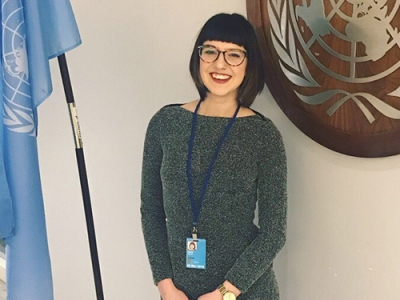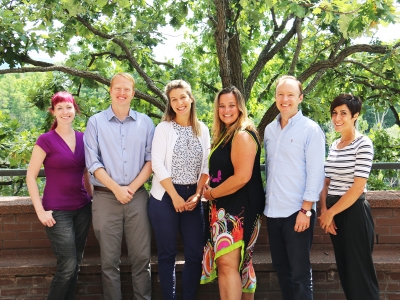This profile was part of the Faculty of Public Affairs’ 75 for the 75th series, which highlighted 75 notable alumni in FPA in honour of Carleton University’s 75th anniversary. These stories were published in 2016 and 2017.
Deputy Governor, Bank of Canada
Bachelor of Arts, Economics & Political Science (‘77)
As an assistant professor at Michigan State University in the 1980’s, Timothy Lane took a leave of absence to conduct research at the International Monetary Fund (IMF) in Washington, DC. While there, he was “drafted” to work on economic plans for the former Eastern Bloc countries.
“I went there as a professor on leave and ended up working on countries affected by the fall of communism,” recalls Dr. Lane, who left his faculty position for what turned out to be a 20-year stint at the IMF. “I became hooked on policy because it was incredibly interesting and it was an area where you could really make a difference.”
But he always thought he would come back to Canada. “So when I was offered the job as an advisor to former Bank of Canada governor Mark Carney, I readily accepted,” he says.
That was in August 2008, at the height of the global economic meltdown. “It was a period of tremendous economic turbulence, but an incredibly interesting time to be in central banking,” he recalls. “What’s followed has been a long and challenging period of disappointing growth. There is a lot of debate about what’s causing it, and it’s certainly not over.”
Dr. Lane says debate and discussions are crucial to his work as Deputy Governor of the Bank of Canada, where he oversees the Bank’s analysis of international economic developments in support of monetary policy decisions.
“It’s important for economists to challenge assumptions and understand competing views,” he explains, “and one of the most gratifying aspects of my job is that I have a great set of colleagues and international counterparts with whom I can do that.”
Dr. Lane says his propensity to take a critical look at prevailing economic wisdom began in the 1970’s, when he was an undergraduate student, drinking coffee and “thrashing out economic theories” with friends in the Loeb Café.
“I had some excellent professors—such as T.K. Rymes, Michael Bordo and Ehsan Choudhri—who not only helped us to master the content but also encouraged us to look for the weak spots, the limitations, and the potential criticisms in everything you learn,” he recalls. “In the field of economics, there’s a tendency to present things as being cut and dried, but I believe it’s important for economists to be humble about what they know and curious about what they don’t know.”
He encourages current students to develop that intellectual curiosity by engaging in the same sort of debates he did: “It’s important to meet for coffee and talk with your classmates. Those fellow students are a major part of your learning.”
Tuesday, March 29, 2016 in #FPA75, Career Paths, Department of Economics, Department of Political Science
Share: Twitter, Facebook



